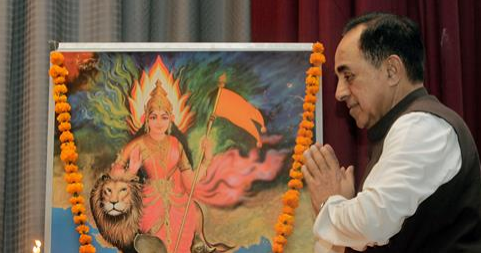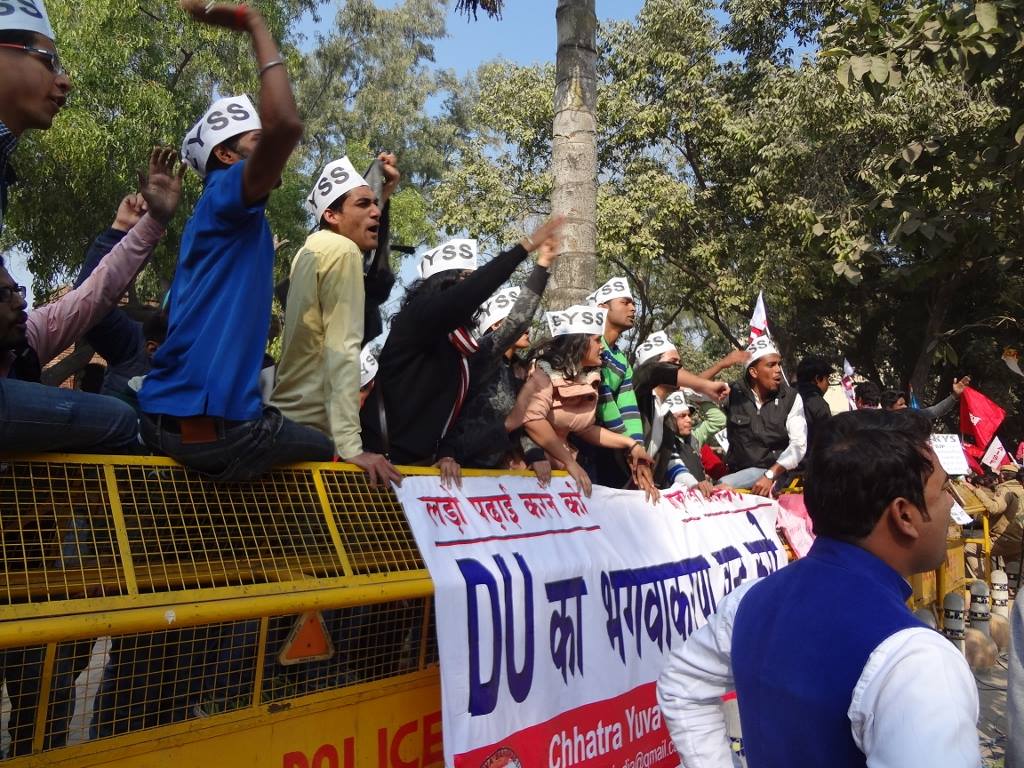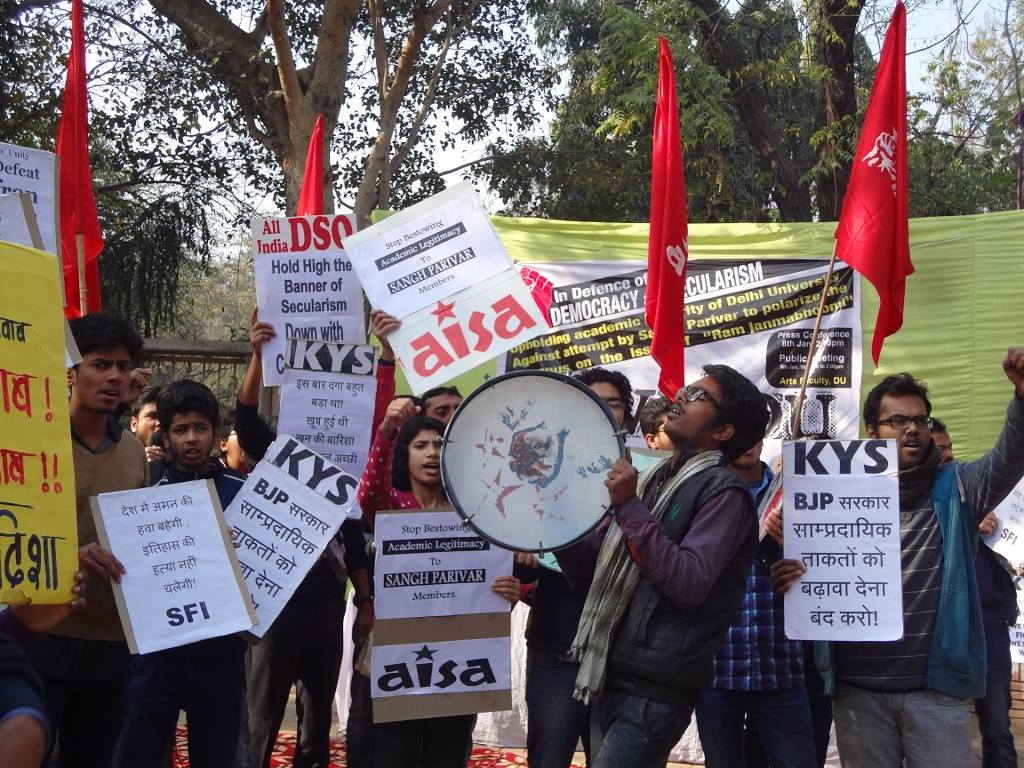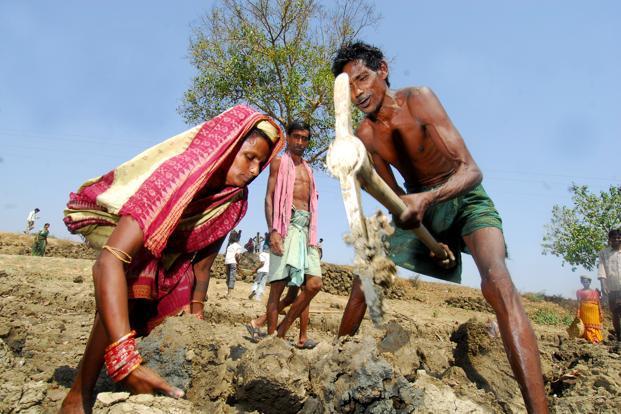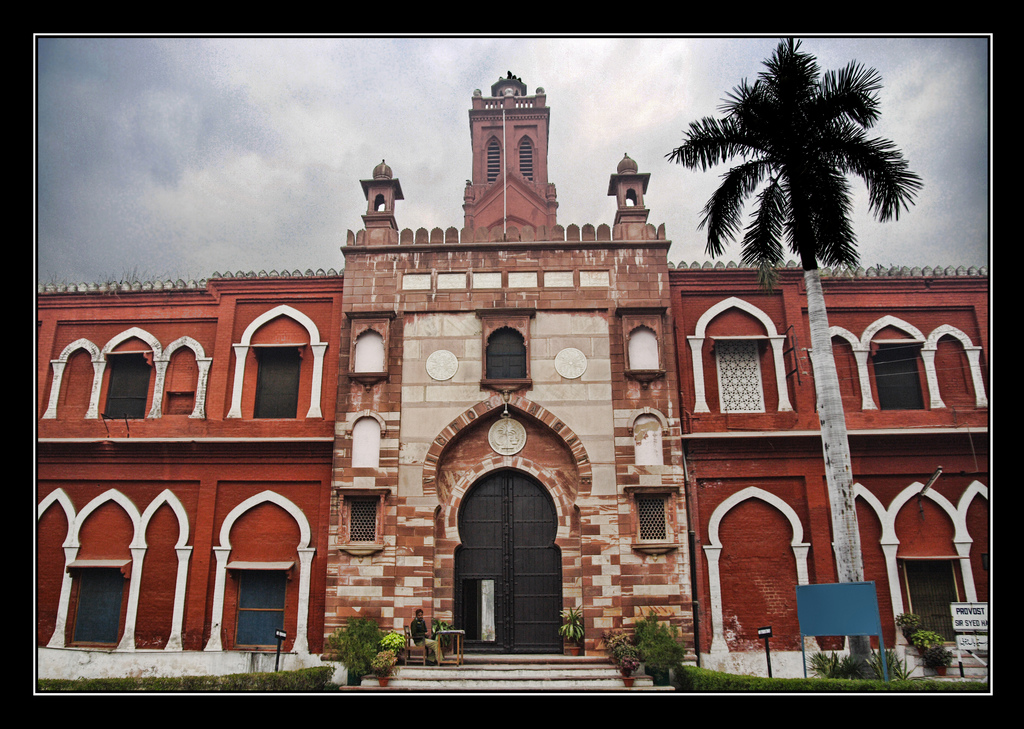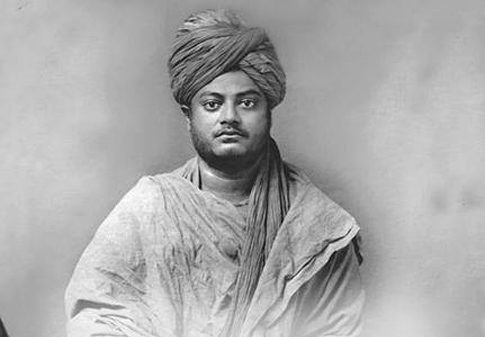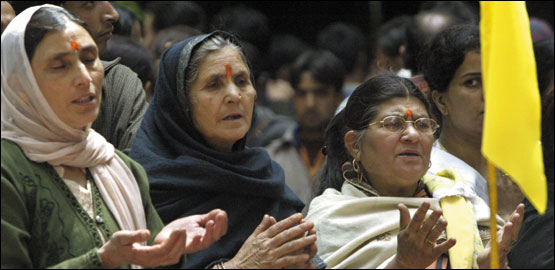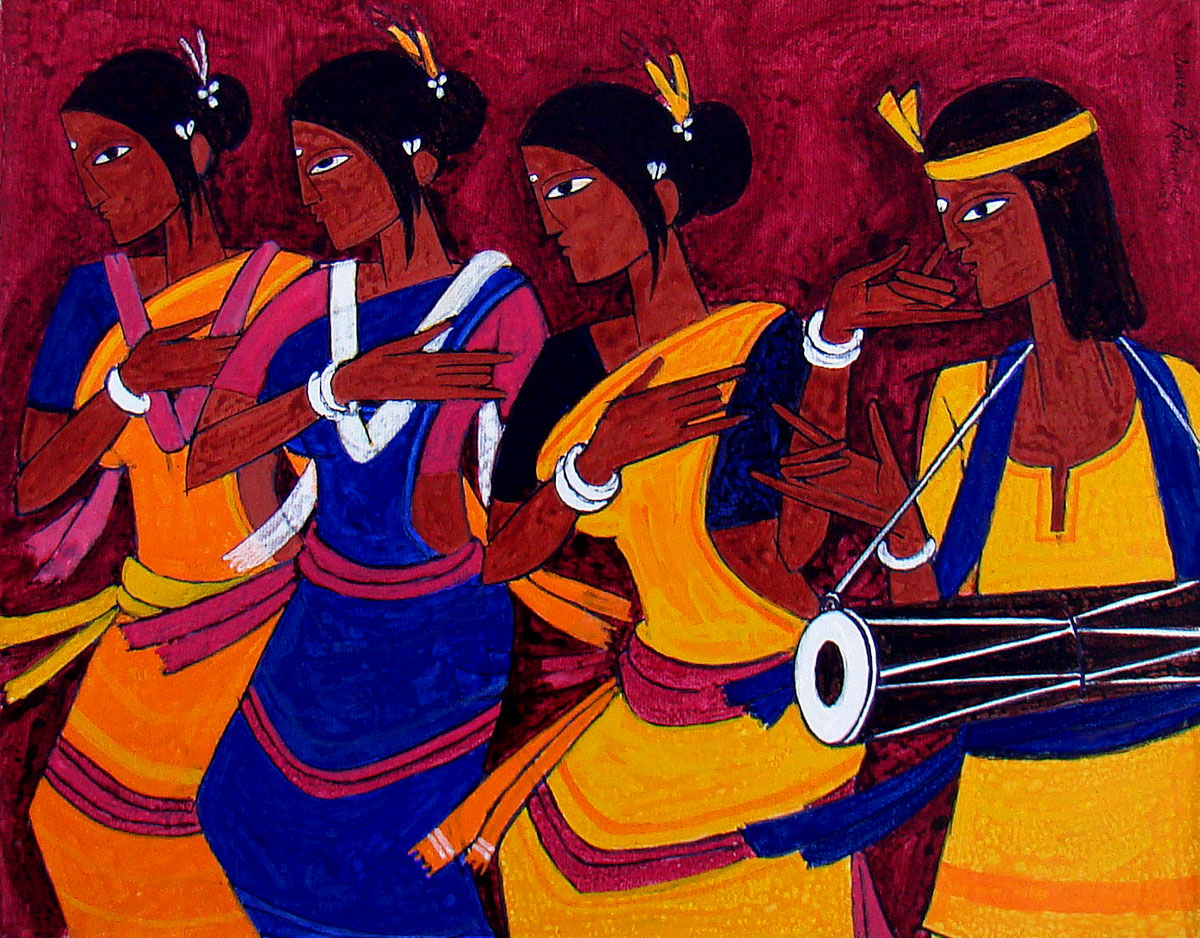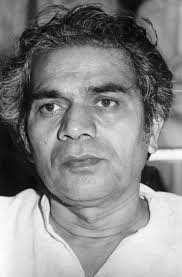Veteran Socialist on the RSS soon after the split in the Janata party in 1979.

I entered political life in 1937. I was quite young then but as I had passed my matriculation examination at a relatively early age, I also entered college quite early. Quite active in Pune in those days were the RSS and the Savarkarites (followers of Vinayak Damodar Savarkar) on the one hand and nationalist, socialist and leftist political organisations on the other. On May 1, 1937 we took out a march to observe May Day. The marchers were attacked by the RSS and Savarkarites when, among others, the well-known revolutionary Senapati Bapat and our socialist leader, SM Joshi, were injured. We have had serious differences with these Hindutva organisations ever since.
Our first difference with the RSS was over the issue of nationalism. We believed that every citizen had equal rights in the Indian nation. But the RSS and the Savarkarites came up with their notion of Hindu Rashtra. Mohammad Ali Jinnah too was a victim of a similar world view. He believed that India was made up of two nations, the Muslim nation and the Hindu nation. Savarkar too said the same thing.
The other major difference between us was that we dreamt of the birth of a democratic republic while the RSS claimed that democracy was a western concept that was not appropriate for India. In those days members of the RSS were full of praise for Adolf Hitler. Guruji (Madhav Sadashiv Golwalkar) was not only the sarsanghchalak (head) of the RSS; he was its ideological guru as well.
There is amazing similarity between the thoughts of Guruji and the Nazis. One of Guruji’s books, We or Our Nationhood Defined, ran into several editions, its fourth edition having been published in 1947. At one point in the book, Guruji says, "The non-Hindu people in Hindustan must adopt the Hindu culture and language, must learn to respect and hold in reverence Hindu religion, must entertain no ideas but those of the glorification of the Hindu race and culture i.e. they must not only give up their attitude of intolerance and ungratefulness towards this land and its age-old traditions but must also cultivate the positive attitude of love and devotion instead – in a word, they must cease to be foreigners, or may stay in the country wholly subordinated to the Hindu nation, claiming nothing, deserving no privileges, far less any preferential treatment – not even citizen’s rights."
In other words, Guruji wanted to see millions of Indians treated as non-citizens. He wanted all their citizenship rights taken away. Incidentally, these ideas of his were not newly formulated. From the time we were in college (in the mid-1930s), members of the RSS were inclined to follow Hitlerian ideals. In their view, Muslims and Christians in India deserved to be treated the same way that Hitler treated Jews in Germany.
The extent of Guruji’s sympathies for the views of the Nazi Party is evident from the following passage from We or Our Nationhood Defined: "To keep up the purity of the race and its culture, Germany shocked the world by her purging the country of the Semitic races – the Jews. Race pride at its highest has been manifested here. Germany has also shown how well-nigh impossible it is for races and cultures having differences going to the root, to be assimilated into one united whole, a good lesson for us in Hindustan to learn and profit by" (We or Our Nationhood Defined, 1947, p. 42).
You might say that this is an old book, of a time when India was in the throes of the struggle for independence. But then there is his second book, Bunch of Thoughts. I cite below an example from this "popular publication" which was brought out in November 1966. In this book, while discussing India’s internal security problem, Guruji identifies three internal dangers. One is Muslims, the second Christians and the third Communists. In Guruji’s view, every Indian Muslim, every Christian and every Communist is a danger to the nation’s security. Such is his ideology.
Our second major difference with Guruji and the RSS has to do with the caste question. They are supporters of the caste system while a socialist like me is its greatest enemy. I consider myself to be the biggest enemy of brahminism and the caste system. I am of the firm view that there can be no economic and social equality in India until the caste system and the inequalities based on it are demolished.
But Guruji says, "Another unique feature of our society was the varna vyavastha (caste system, the former occupation-based classification of society) which is today vilified as jati pratha (a rigid caste system)." He adds, "Society was conceived of in the image of an all-powerful god, of four aspects, who was to be worshipped by different people in their own ways as determined by their different capabilities. The Brahmin was considered great because he was the purveyor of knowledge. The Kshatriya was considered equally great because he destroyed the enemies. The Vaishya was no less important than others because through agriculture and commerce he fulfilled a social need. The Sudra too was important for he served society through his workmanship." Here it is very shrewdly being asserted that through his workmanship the Sudra is fulfilling an important social need. But Chanakya’s Arthashastra, from which Guruji takes his inspiration, clearly states that it is the religious duty of the Sudras to serve the Brahmins, the Kshatriyas and the Vaishyas. In a clever subterfuge, Guruji replaces service of the upper castes with "service of society".
The fourth issue on which we differ is that of language. We are in favour of promoting the languages of the people. All regional languages, after all, are indigenous. But what does Guruji have to say on this? Guruji says that for now Hindi should be made the common language for all while the ultimate objective should be to make Sanskrit the national language. He says in his Bunch of Thoughts, "For convenience, Hindi should be given primacy as our link language until such time as Sanskrit is adopted as our national language." Thus Hindi is merely for convenience, the ultimate link language is to be Sanskrit.
In other words, Guruji wanted to see millions of Indians treated as non-citizens. He wanted all their citizenship rights taken away. Incidentally, these ideas of his were not newly formulated. From the time we were in college (in the mid-1930s), members of the RSS were inclined to follow Hitlerian ideals. In their view, Muslims and Christians in India deserved to be treated the same way that Hitler treated Jews in Germany.
We have had differences over this right from the start. Like Mahatma Gandhi and Lokmanya Tilak, we too have always been in favour of the regional languages. We do not wish to impose Hindi on anyone. We would like to see Tamil as the prevalent language in Tamil Nadu, Telugu in Andhra Pradesh, Marathi in Maharashtra and Bengali in West Bengal. If the non-Hindi speaking states wish to adopt English, it should be up to them. We have no differences with them on this. But Sanskrit is the language of a handful of people, the language of a particular caste. Making Sanskrit the national language means the supremacy of a handful of people over others, something we definitely do not want.
Fifth, the national movement for independence had accepted the idea of a federal state. In a confederation, the centre would definitely have certain powers on specific matters but all others would be a subject matter for the states. But following partition, in a bid to strengthen the centre, the Constitution stipulated a concurrent list. As per this list, several subjects were made concurrent, subjects over which both the centre and the states have equal jurisdiction. What was originally meant to be under the domain of different states was included in the concurrent list only to strengthen the centre. Thus the federal state came into existence.
But the RSS and its chief ideologue, Guru Golwalkar, have been consistently opposed to this basic constitutional provision. These people ridicule the very concept of ‘a union of states’ and maintain that this Constitution, which envisages a confederation of states, should be abolished. Guruji says in his Bunch of Thoughts, "The Constitution must be reviewed and the idea of a unitary state should be written into the new Constitution." Guruji wants a unitary or, in other words, a centralised state. He says that this system of states should be done away with. What he wants is one nation, one state, one legislature and one executive. In other words, he wants to abolish state legislatures and state ministries. That means they wish to see the rule of the stick. If they were to capture power, they would doubtless bring into existence a centralised state.
Another issue was the tricolour, the flag chosen by the national movement. Hundreds of Indians sacrificed their lives, thousands bore the brunt of lathis for the honour and glory of our chosen national flag. But surprisingly, the RSS has never accepted the tricolour as the national flag. It always swore by the saffron flag, asserting that the saffron flag has been the flag of Hindu Rashtra since time immemorial.
Just as Guruji rejected the concept of a federal state, similarly, he had no faith in a democratic system. He was of the firm view that democracy is a concept imported from the West and the system of parliamentary democracy did not jell with Indian thought and Indian civilisation. As for socialism, that for him was a totally alien idea. He repeatedly said that all isms, including socialism and democracy, were alien ideas which should be rejected, that Indian society should be founded on Indian culture. Speaking for ourselves, we believe in parliamentary democracy, in socialism, and we aspire to establish socialism consistent with Gandhian principles in India through peaceful means.
While we were engaged in a struggle against the Congress party’s autocratic rule, our leader, Dr Ram Manohar Lohia, was of the opinion that we should join hands with all opposition forces to save the nation and dislodge from power the Congress party which was responsible for our humiliation at the hands of the Chinese. I had lengthy discussions with Doctorsaheb on the issue. This debate went on for two years. I kept insisting throughout that we cannot have any alliance with the RSS and the Jan Sangh. Ultimately, Doctorsaheb asked me, "Do you accept my leadership or not?" I replied, "Yes, I do." He said it wasn’t necessary for us to agree on every issue or for him to have to convince me on every issue. Let there be an issue or two on which we disagreed. And since he was only thinking of a political alliance to defeat a major enemy, I should cooperate with him, let his idea be given a "trial". Perhaps he would be proven right, he said, perhaps I would. I remained convinced however that a clash between the RSS and the Lohiaite ideologies was inevitable.
It is a fact that we formed an alliance with these people (RSS and Jan Sangh) when Mrs Indira Gandhi imposed the emergency, increasingly resorted to dictatorial methods, started promoting Sanjay Gandhi and the Maruti scandal surfaced. Lok Nayak Jaiprakashji believed that if the opposition did not unite under the banner of a single party it would be impossible to defeat Mrs Gandhi and dictatorship. Choudhary Charan Singh was also of the view that we should come together and form a united party. While we were in jail, we were all asked to give our opinions on the need to form such a party and contest elections. I recall sending a message that in my view we must contest elections. Millions of people would participate in elections. Elections are a dynamic process. As the electoral tempo builds up, the shackles of emergency are bound to snap and people are bound to exercise their democratic right. Therefore, I stressed, we must participate in elections.
Our second major difference with Guruji and the RSS has to do with the caste question. They are supporters of the caste system while a socialist like me is its greatest enemy. I consider myself to be the biggest enemy of brahminism and the caste system. I am of the firm view that there can be no economic and social equality in India until the caste system and the inequalities based on it are demolished.
Since Lok Nayak Jaiprakash Narain and other leaders were of the view that without coming together under the banner of one party we could not succeed, we (socialists) too gave it our consent. But I would like to stress that the understanding that was arrived at was between political parties – the Jan Sangh, the Socialist Party, the Congress (O), the Bharatiya Loktantrik Dal (BLD) and some dissident Congress factions. We did not come to any arrangement with the RSS, nor did we accept any of its demands. What is more, through a letter by Manubhai Patel that was circulated among all of us in jail we learnt that on July 7, 1976 Choudhary Charan Singh had raised the issue of a possible clash of interests because of dual membership when members of the RSS also became members of the new party. In response, the then acting general secretary of the Jan Sangh, Om Prakash Tyagi had said that the proposed party should feel free to formulate whatever membership criteria it wanted. He even said that since the RSS, having faced many constraints, had been dissolved anyway, the question of RSS membership did not arise.
Later, when the constitution of the proposed Janata Party was being drawn up, the subcommittee appointed to draft the constitution proposed that members of any organisation whose aims, policies and programmes were in conflict with the aims, policies and programmes of the Janata Party should not be given membership to the new party. Given the self-evident meaning of such a membership criterion, there was no question of anyone opposing it. However, it is significant that the sole opposition to this came from Sunder Singh Bhandari (Jan Sangh). At a meeting convened in December 1976 to thrash out issues, reference was made to a letter written by Atal Bihari Vajpayee on behalf of the Jan Sangh and the RSS, stating that a section of leaders of the proposed party had agreed that the RSS issue could not be raised in connection with membership of the Janata Party. But several leaders told me that no such assurances were given because the RSS was nowhere in the picture at the time when the idea of a merger of opposition political parties was mooted. I want to clarify that I was in prison at the time and even if there was some secret understanding, I had no part in it.
I can categorically assert that the election manifesto of the Janata Party did not in any way reflect the concerns of the RSS. In fact, each point in the manifesto was clearly spelt out. Is it not a fact that the manifesto of the Janata Party spoke of a socialist society based on secular, democratic and Gandhian principles and in which there was no mention of Hindu Rashtra? The manifesto also assured the minorities equal citizenship rights and vowed to safeguard their rights. In contrast, Guruji wanted to deny equal citizenship rights to the minorities and wanted them to be subservient subjects in a Hindu Rashtra. The Janata Party was committed to decentralisation while Guruji was a hardcore proponent of centralisation. He wanted to abolish separate states, abolish state legislatures and ministries while the Janata Party emphasised the need for greater decentralisation. In other words, the Janata Party had no desire to snatch away the autonomy of states. The manifesto spoke of socialism, social justice and equality. Did the manifesto state that it upholds the caste system? Did it maintain that the Sudras’ duty was to devote their life in the service of others? On the contrary, the manifesto not only promised that the backward castes would have full opportunity to progress, it pledged special policies for them: 25-33 per cent reservation for them in government jobs.
Yes, it is true that members of the RSS did not genuinely accept the provisions of the party’s election manifesto. It was my contention and I had once even complained in writing to Kushabhau Thakre that during discussions you people (RSS, Jan Sangh) very readily agree on matters that you at heart totally disagree with. That is why your motives are suspect. I wrote this letter to him a long time ago and I have always had doubts about the RSS. I have had these doubts since Doctorsaheb’s time (Dr Ram Manohar Lohia died in 1967). But despite this, the fact remains that to fight dictatorship we entered into a political alliance with them.
Since it was Lok Nayak Jaiprakashji’s desire that all parties should merge for a united opposition to dictatorship and since the party manifesto did not make any compromises, I consented to our coming together. At the same time, I would like to say that from the beginning I was very clear in my mind that to emerge as a unified and a credible body the Janata Party would have to do two things. One, the RSS would have to change its ideology and accept the ideal of a secular democratic state. Two, the various organisations that are part of the sangh parivar, such as the Bharatiya Mazdoor Sangh and the Vidyarthi Parishad, would have to dissolve themselves and merge with the secular-minded trade union and student wings of the Janata Party. I was very clear about this from the beginning and as the Janata Party had given me the responsibility to manage the affairs of its trade union and student wings, it was my consistent attempt throughout to ensure that the Vidyarthi Parishad and the Bharatiya Mazdoor Sangh ended their separate existence.
But these people started insisting on their autonomy. In fact, these organisations always function on the dictates of Nagpur (RSS headquarters), they believe in the one leader principle. Take, for example, Guruji himself. Guruji maintained that they create a mind-set which is totally disciplined and where people accept whatever they tell them. This organisation operates on a single principle: one leader. They do not believe in democracy, they have no faith in discussions and debate. They have no economic policy. For example, in his Bunch of Thoughts, Guruji expressed unhappiness over the abolition of the zamindari system in India. Guruji was deeply saddened, deeply disturbed by the abolition of the zamindari system. But he felt no compassion for the poor.
I told members of the RSS that you must abandon your ideal of organising Hindus alone and find a place for people of all religions within your organisation, that you must merge your different class-based organisations with those of the Janata Party. They responded by saying that this could not be done so soon, that there were very many difficulties involved but they did want to change, bit by bit. They continued to give such evasive replies.
From their behaviour I concluded that they had no intention of changing. Especially after the assembly elections of June 1977, when they managed to gain power in four states and one union territory, after which they began to think that with this newly acquired clout they had no need to change. Now that they had already captured four states, they would gradually also gain control of other states and finally even the centre. The leaders of other political parties in the Janata Party were older leaders who would not live long; and they would ensure that no younger (non-RSS, non-Jan Sangh) leader emerged at the top.
As is evident from the pages of the Organiser and Panchjanya (RSS mouthpieces in English and Hindi), they have not spared a single Janata Party leader who is not from their parivar. I, of course, was their special favourite, the target of special attention. They probably devoted more column space to abusing me than they did even for Mrs Indira Gandhi.
For a protracted period I persisted in dialogue with these people. I recall an occasion when Balasaheb Deoras (later RSS sarsanghchalak) visited me at my residence in Mumbai. Subsequently, I met him once again after the 1971 polls. I also had discussions with Madhavrao Mule once before the emergency. On the fourth occasion, I met Balasaheb Deoras and Madhavrao Mule together in May 1977. So no one can claim that I made no attempt to talk to them. But I finally reached the conclusion that they have closed minds in which no new idea can germinate.
On the contrary, the RSS specialises in casting young minds in a particular mould from a very young age. The first thing they do is ‘freeze’ the minds of children and of youth, making them impervious. After this they are rendered incapable of responding to other ideas.
Still, I tried. On one occasion I convened a meeting of all trade union leaders. The representatives of all constituents of the Janata Party attended but the Bharatiya Mazdoor Sangh boycotted the meeting. Not just that, they hurled abuses at me for no apparent reason. Similar efforts were made with the Vidyarthi Parishad and the Yuva Morcha but despite all attempts at a merger, they held aloof. This is only because of the RSS’ desire to function as a "super party".
Their aim is not only to enter into every aspect of people’s life but also to control it. In an article written for The Indian Express around that time, George Fernandes used the example of Dattopant Thengdi to make the same point. Thengdi responded by saying that the RSS intended to have all of society under its sway, it would leave no aspect of a person’s life untouched, it would establish its hegemony in every department of life. Thengdi, of course, was saying nothing new. Similar views have been repeatedly asserted by Guruji in his We or Our Nationhood Defined, as also in Bunch of Thoughts. No totalitarian organisation allows any space for freedom, its tentacles reach everywhere: art, music, economy, culture. This is the essence of any fascist organisation.
The fact is that the RSS wanted to capture the Janata Party and through it to take control of the state apparatus. For this they simultaneously dangled the carrot of the prime minister’s chair before several Janata Party leaders. On the one hand, they went on assuring Morarji Desai to the end that he was their choice for prime minister. Every now and then they would promise Choudhary Charan Singh that they would support his claim to be prime minister. Concurrently, they kept giving similar assurances to Chandra Shekhar, Jagjivan Ram and George Fernandes. Not once did they dare to make me a similar offer. When I once jokingly mentioned this to Vajpayee, he quipped, "Why you, Nanaji (Deshmukh) has never made me such a promise either. They want neither you nor me as prime minister." Anyway, they never made any such suggestion to me, knowing only too well that I would not deny others their due nor would I allow others to deny mine. Perhaps they think, you can’t fool this man so what’s the point of promising him anything – it will only make him (Limaye) even more cautious.
What these people (the RSS) do on the odd occasion is however of little importance. Has the RSS ever said that they have abandoned Guruji’s way of thinking? Only Atalji says that we should all accept the principles of composite nationalism, democracy, socialism, social justice, etc because we cannot move forward without them in today’s world. But Atalji is the only one who says this. I do not trust the other sanghis. These people pleaded for pardon while in prison, Balasaheb Deoras congratulated Indira Gandhi when the Supreme Court ruled in her favour in the Raj Narain case. So I have no faith in the utterances of these people. I am of the firm belief that I could only have trusted these people (erstwhile Jan Sangh leaders in the Janata Party) if they had ousted RSS leaders from the party, expelled them from the working committee, placed restrictions on RSS activities and, in particular, expelled people like Nanaji Deshmukh, Sunder Singh Bhandari and company from the party.
(Translated by Javed Anand.)
(May 1 marks the 31st anniversary of the united Janata Party and also the 86th birth anniversary of senior socialist leader, the late Madhu Limaye. The above piece, penned by Limaye soon after the split in the Janata Party, was published by the Hindi weekly, Ravivar, in 1979. Though dated, many of the issues he raises in the article are relevant even today.)
